While most aspects of our lives have been tipped upside down since the Covid-19 pandemic took hold, nowhere more so has this taken place than in the automotive world.
In the past, all big manufacturers would reveal their new models at grand international motor shows – something that’s been off the cards for some time. However, this week sees the return of the IAA Mobility – or Munich Motor Show as it’s also known.
It’s the first major automotive show in Europe in more than 18 months, and sees an important range of reveals and headline-making news. Here’s what you need to know from this year’s Munich Motor Show…
BMW
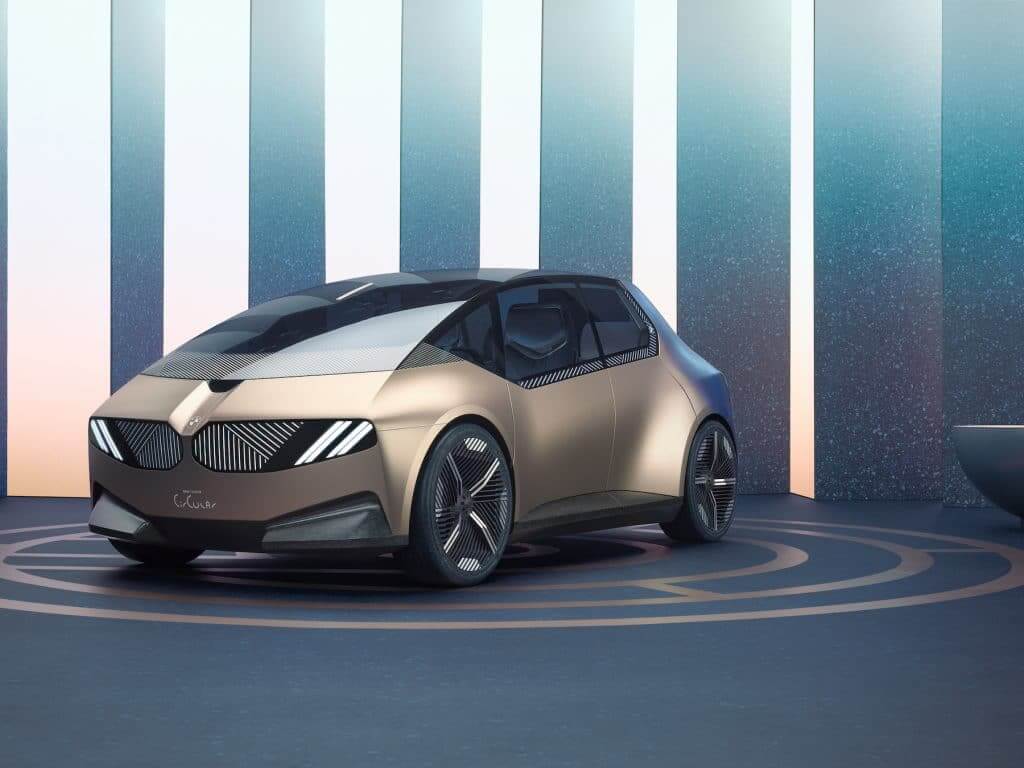
Like many firms, BMW used this year’s Munich Motor Show to showcase its hopes for the future, with the German brand revealing its ‘i Vision Circular’ concept car.
It’s a model that prioritises sustainability above all else, with BMW claiming that it is made from 100 per cent recycled parts, and that it is fully recyclable when its lifetime ends. BMW says the model previews what its compact models might look like in 2040.
Cupra
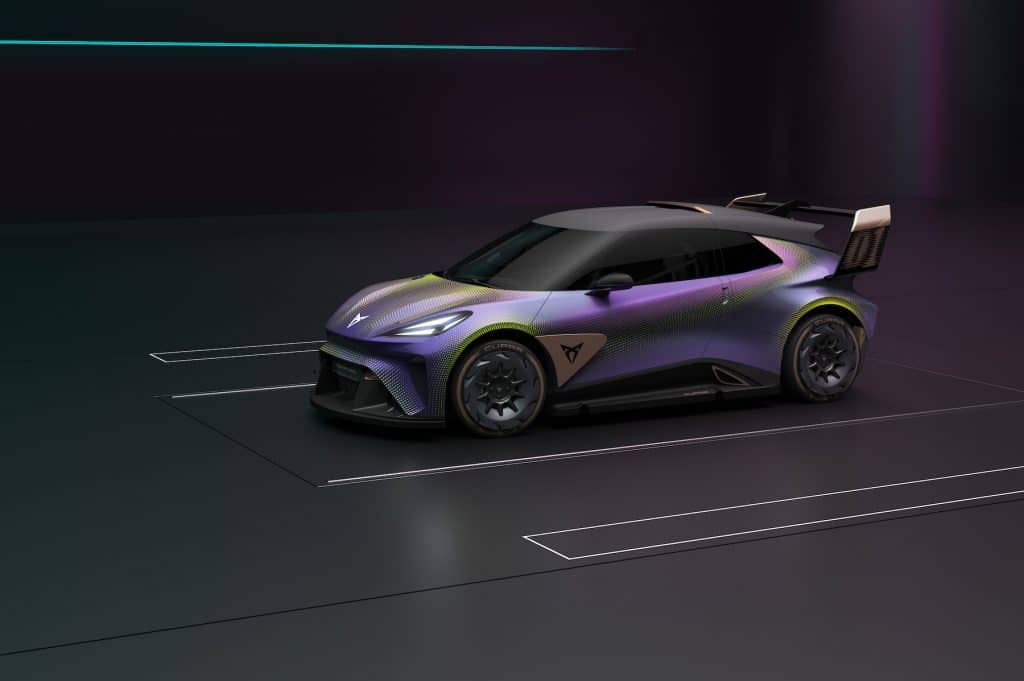
Cupra turned its attention to the brand’s future too, with the reveal of the amusingly-named Urban Rebel concept, which is a rough preview of what the brand’s most affordable electric car will look like when it launches in 2025.
Don’t expect the wild bodykit and huge spoilers though, those will sadly be limited to this motorsport-inspired show model.
Dacia

If you want something practical, new and affordable, you should take notice of the Dacia Jogger, which received its public debut following its reveal last week.
Set to be the most affordable seven-seater on the market, Dacia says it will be able to seat seven adults and will offer a big boot as well. It’s packed with a range of flexible and simple touches to increase its family car credentials, while will aso spawn a hybrid model in 2023 – this will be Dacia’s first powertrain of this kind.
Hyundai
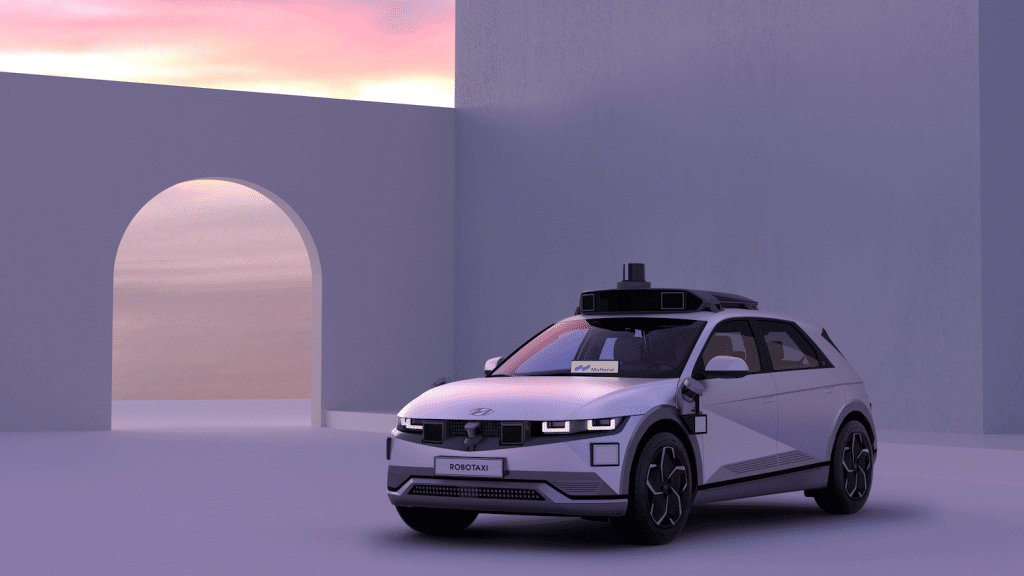
Hyundai has had a busy 18 months with the unveiling of a whole range of new models. Perhaps surprisingly then, Munich wasn’t so much of a new showcase, but for the brand to announce its plans going forward.
That included the pledge that it would stop selling combustion-powered cars in Europe from 2035, while it would turn carbon neutral by 2045. However it couldn’t quite get away with not doing any reveals, with the unveiling of a new IONIQ 5-based robotaxi that will be used by ride hailing service Motional starting in 2023.
Kia
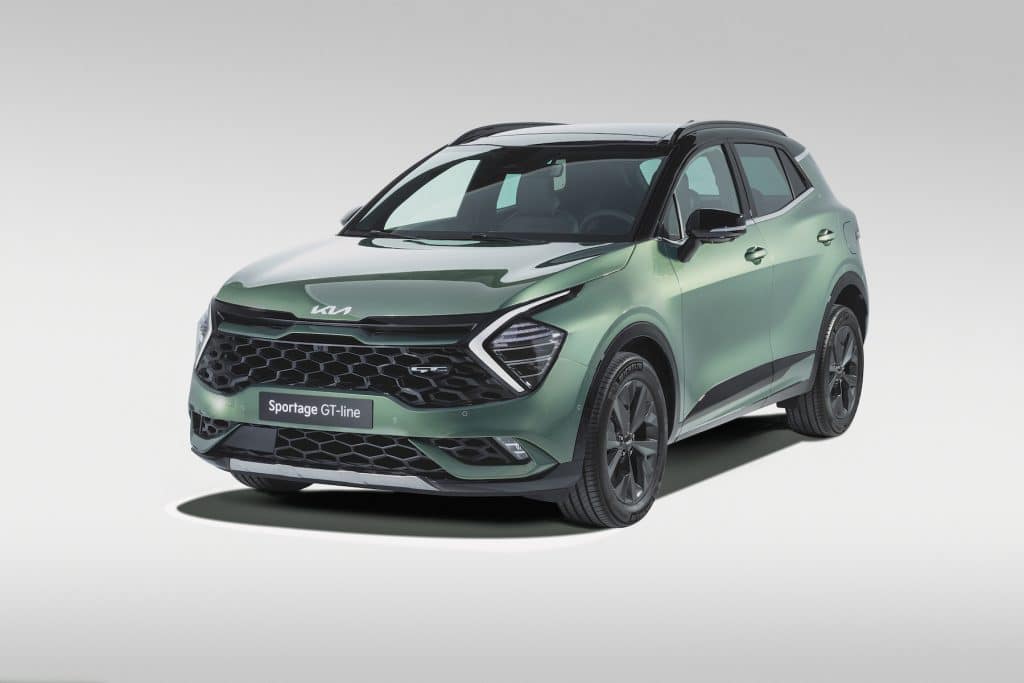
Kia used its Munich show stand to offer a first look at the brand’s new Sportage – a model which, for the first time, has been reengineered for European tastes. With a striking design and vast array of new technology, the South Korean firm will be hoping it proves as popular as its best-selling predecessor.
There’s also a new plug-in hybrid version for the first time, which will be the quickest model in the line-up and offer an electric range of around 35 miles.
Mercedes
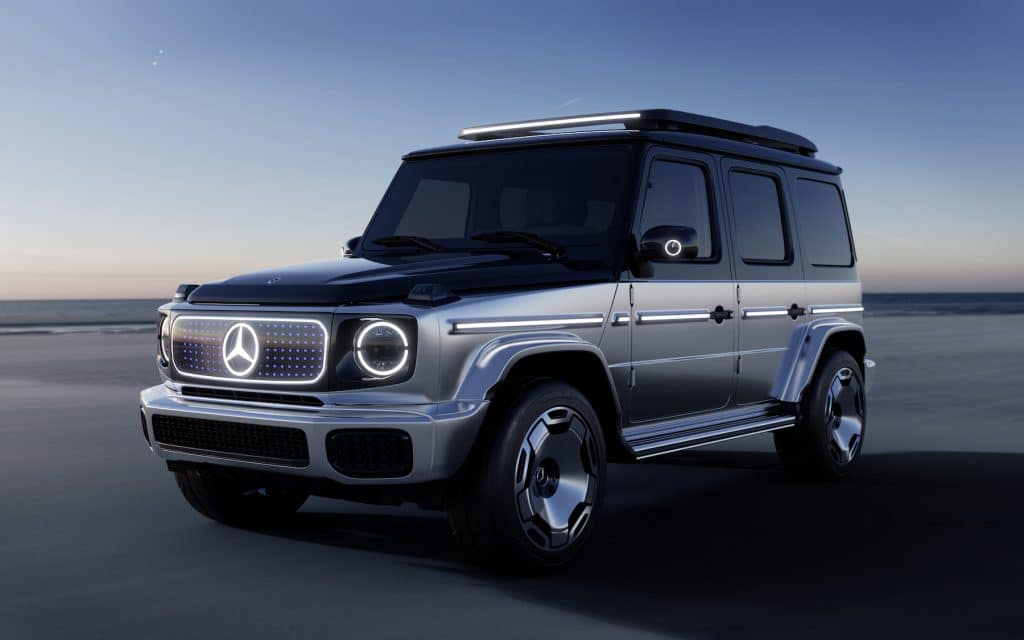
It would probably have proven easier to ask what Mercedes didn’t reveal at this year’s Munich Motor Show as the brand quite literally dominated proceedings. Key showcases included the Concept EQG, which closely previews an electric G-Wagon, as well as the EQS Concept that is a first look at the brand’s Maybach luxury arm’s first EV.
Models closer to production include the EQE, which was revealed for the first time as the brand’s new electric saloon – think of it like a battery-powered E-Class. Elsewhere, we got to see the first electrified models from Mercedes-AMG, including the electric EQS 53 and the GT GT63 S E Performance plug-in hybrid.
Polestar
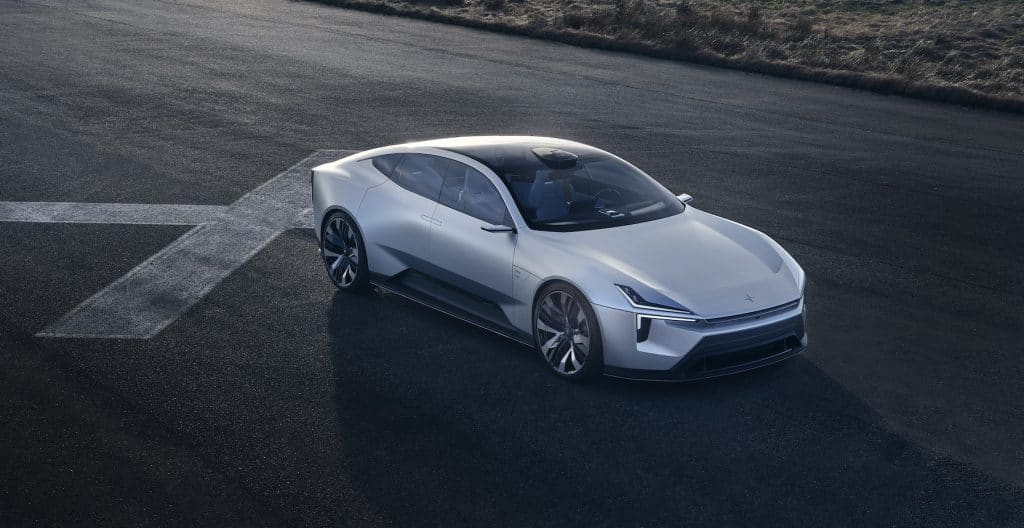
Though Swedish electric car marker Polestar might not have made any major reveals at this year’s Munich Motor Show, new versions of the brand’s Polestar 2 EV have made their European public debut.
This electric fastback has been on sale since last year, and is now launching with more affordable powertrains to make it more accessible. Polestar also announced its plans to rapidly scale-up it’s international growth, with hopes to offer cars in 30 markets by the end of 2022 – it currently sells cars in nine. New marks are set to include Kuwait, Luxembourg and Iceland.
Porsche
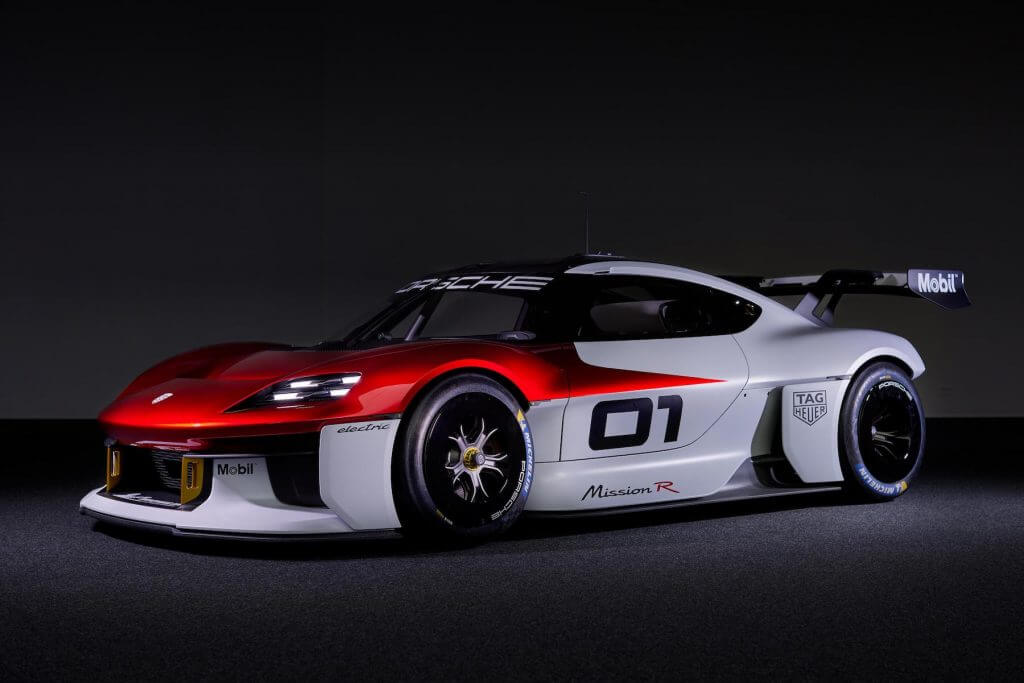
Hybrids and electric models now play a huge part in Porsche’s success, and that isn’t just going to stop at road cars but will enter motorsport too – as shown by the Mission R concept car that was presented at Munich.
It’s a pretty heavy hint at Porsche’s motorsport feature (given how close to production its recent ‘Mission’ cars have been), with its dual electric motor setup good for more than 1,000bhp, while rapid charging speeds are said to mean that a 15-minute break could top the car’s battery from five to 80 per cent.
Renault
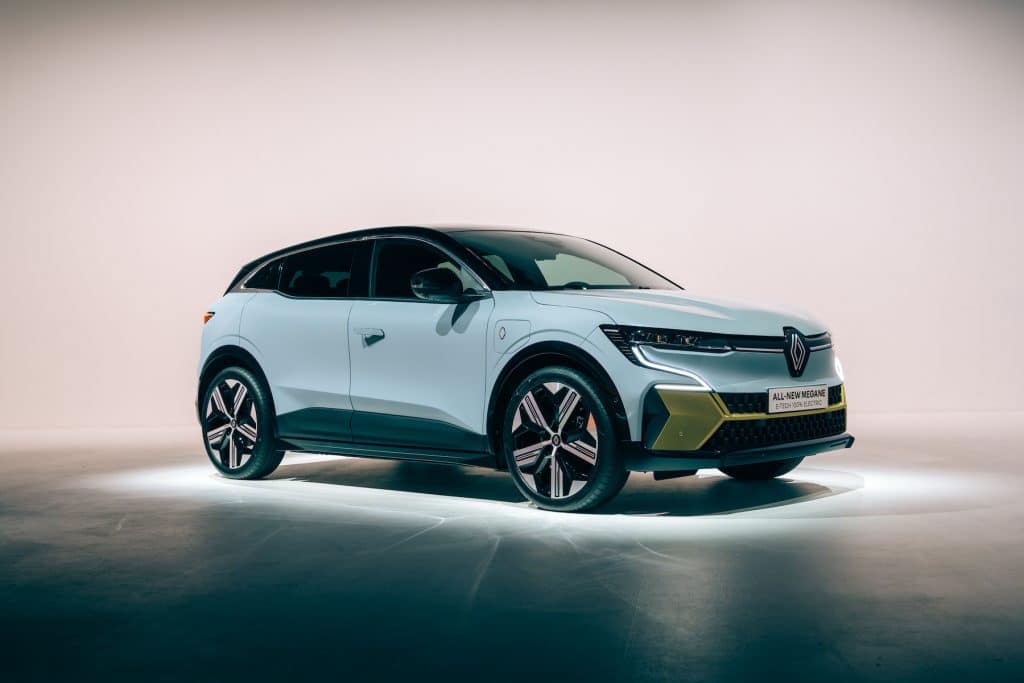
While Renault offers a range of hybrid models, its range of electric cars is limited to just the Zoe hatchback. That’s set to change with the unveiling of the Megane E-Tech Electric, which sees this well-loved nameplate move forward to the 21st century.
Boasting a stylish SUV-inspired design, the Megane E-Tech Electric sits on a new electric car platform and gets a new digitised interior and operating system known as ‘OpenR. Renault will offer two battery options – 40kWh and 60kWh, which will offer an electric range of 186 and 292 miles respectively.
Smart
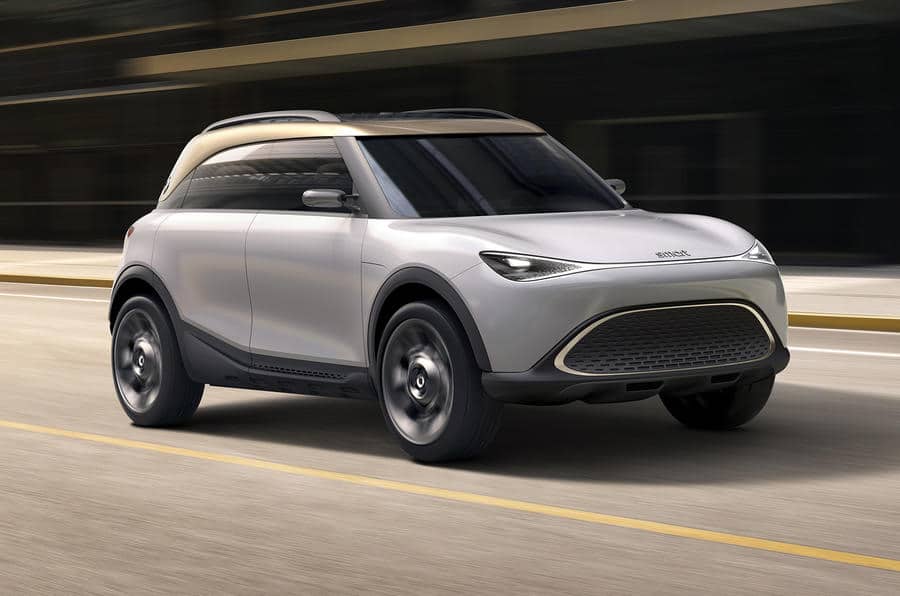
It’s been rather a long time since we saw anything new from once revolutionary Smart, but that changed at Munich with the showing of a new show car known as the Concept #1. It’s the first model that has come from the firm since Chinese automotive giant Geely took a share in the brand (which is co-owned by Mercedes’ parent firm Daimler).
A far cry from the brand’s current city-aimed EVs, this concept shows Smart’s ambition to go upmarket, with this electric crossover concept said to not be too far away from how it will look in production form.
Volkswagen
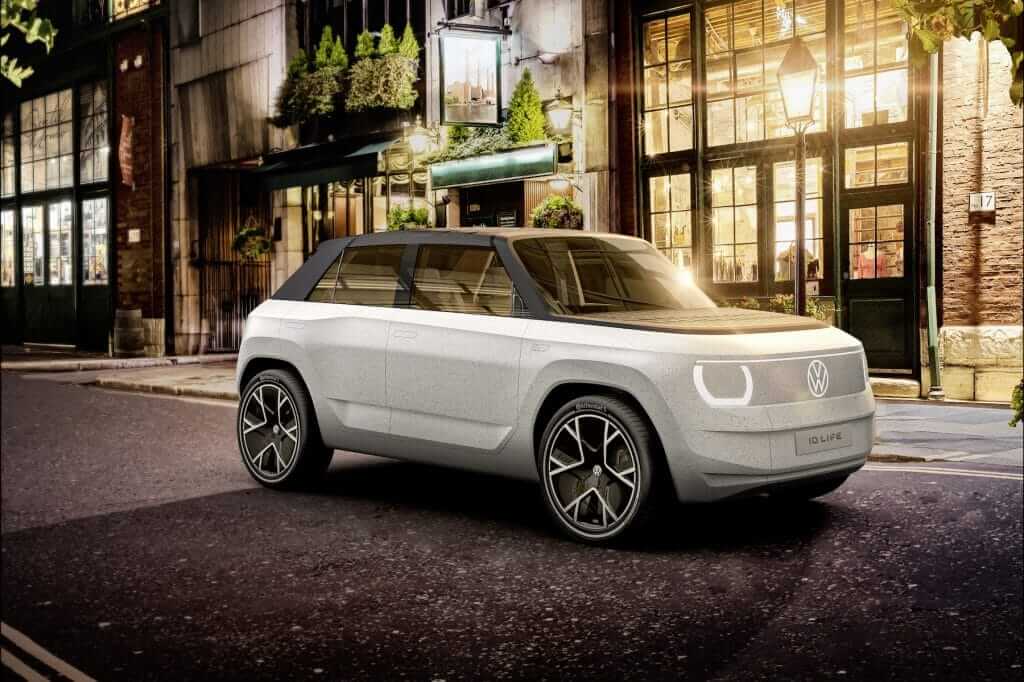
The star of Volkswagen’s show stand in Munich is the ID. Life – a new concept car that previews the brand’s most affordable electric car due in 2025. It’s set to be available in a range of guises, with the cheapest set to cost as little as €20,000 (£17,000). It uses a shortened version of Volkswagen’s MEB electric car platform, and has a particular focus on younger customers.
Also on show is a prototype version of Volkswagen’s upcoming ID. Buzz electric van that’s geared up for autonomous driving. Developed alongside specialists Argo AI, the model is set to start on-roads trials in 2025.

